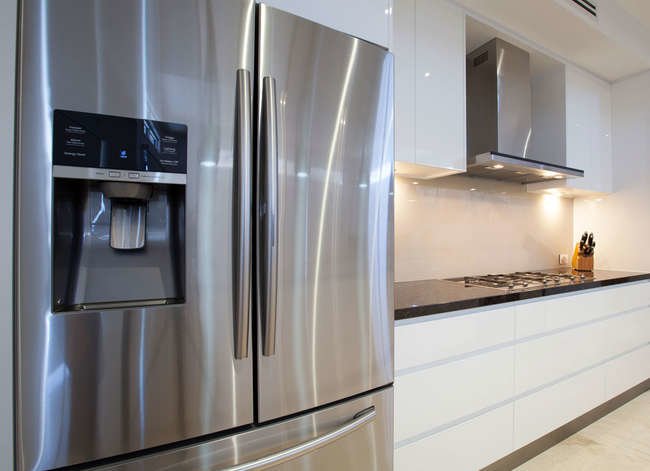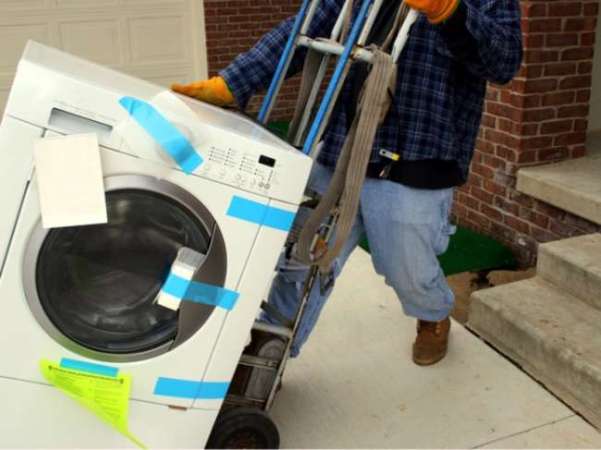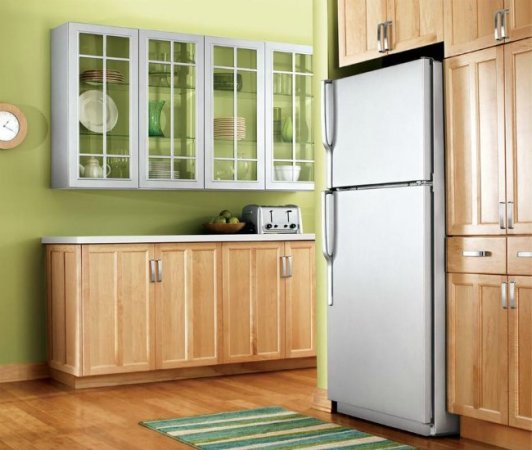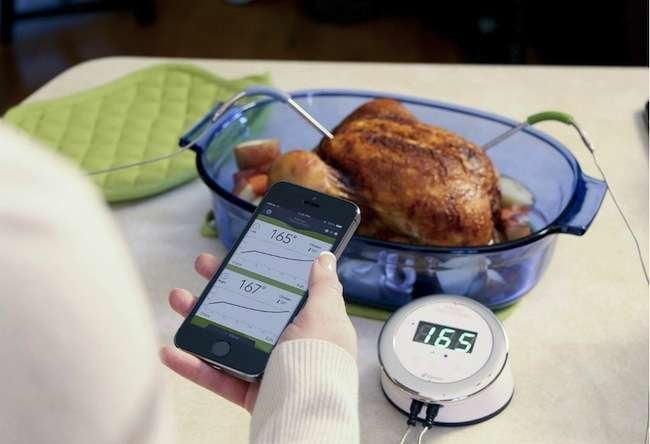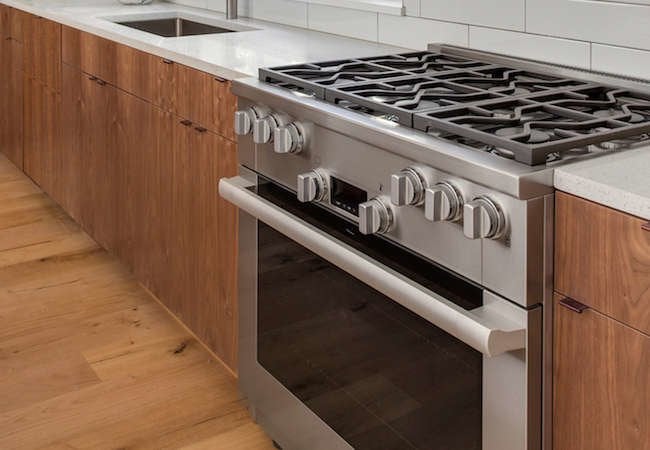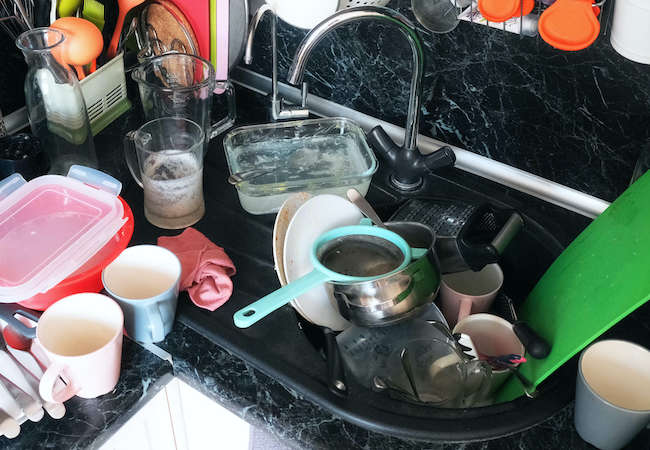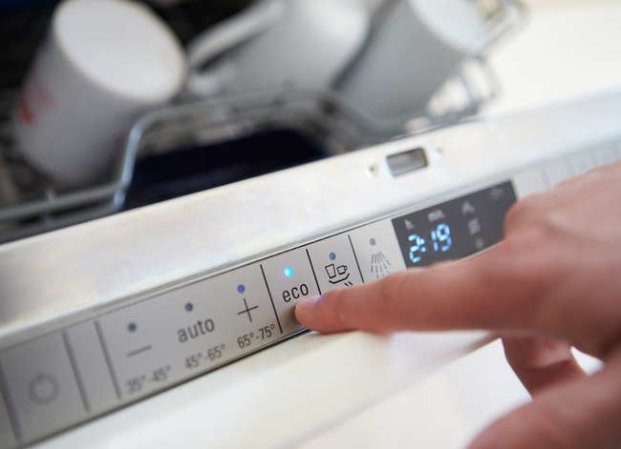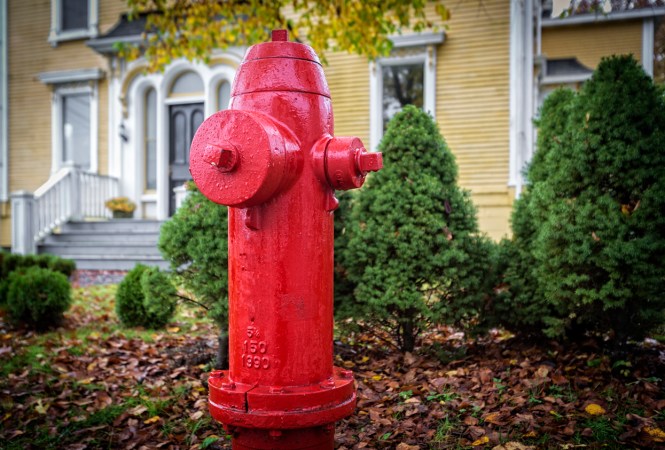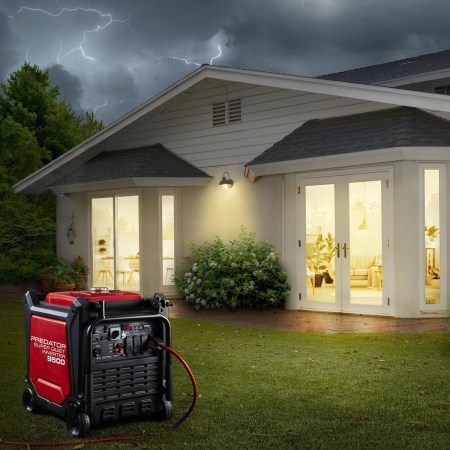We may earn revenue from the products available on this page and participate in affiliate programs. Learn More ›
The Back of the Fridge Feels Hot
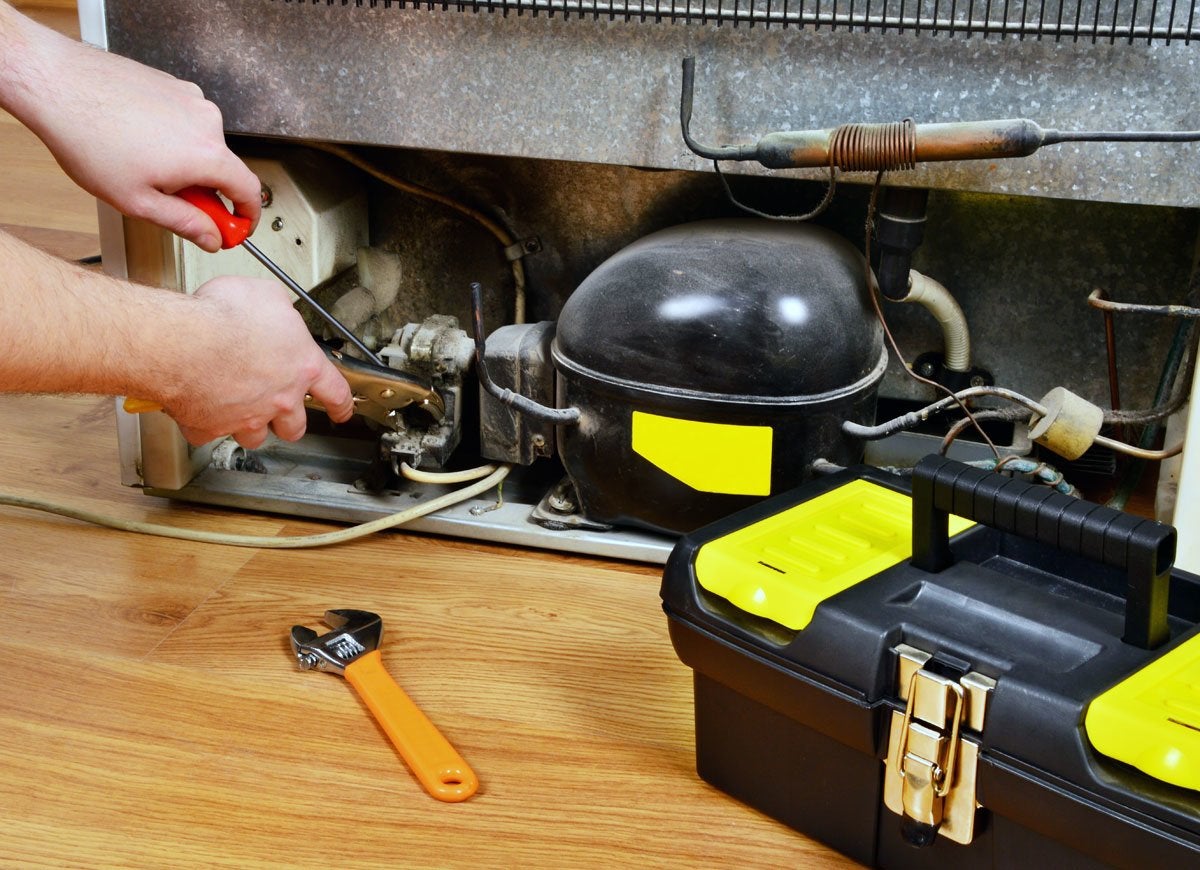
Because of the location of the motor, the back of a refrigerator typically feels warmer than the sides or the front. But if the rear exterior surface radiates a large amount of heat, the motor may be running too hot. Consider calling a repairman to fix any fridge less than six or eight years old (especially if it’s under warranty). If the appliance is older, however, it’s probably best to replace it. After all, repairing a malfunctioning motor can cost hundreds of dollars, and you’re likely to need a new fridge soon anyway.
Food Spoils Before the Expiration Date

Nobody wants to have to deal with sour milk and moldy cheese at mealtime. An outdated refrigerator with subpar power can cause food to turn bad before the expiration date. Food safety standards dictate that perishable items should be kept at a temperature of 40 degrees or cooler, so first check the temperature adjustment knob to ensure it’s set correctly. If nothing appears wrong with the knob, then your fridge is probably on its last legs, and you should invest in an up-to-date model.
The Fridge Sweats
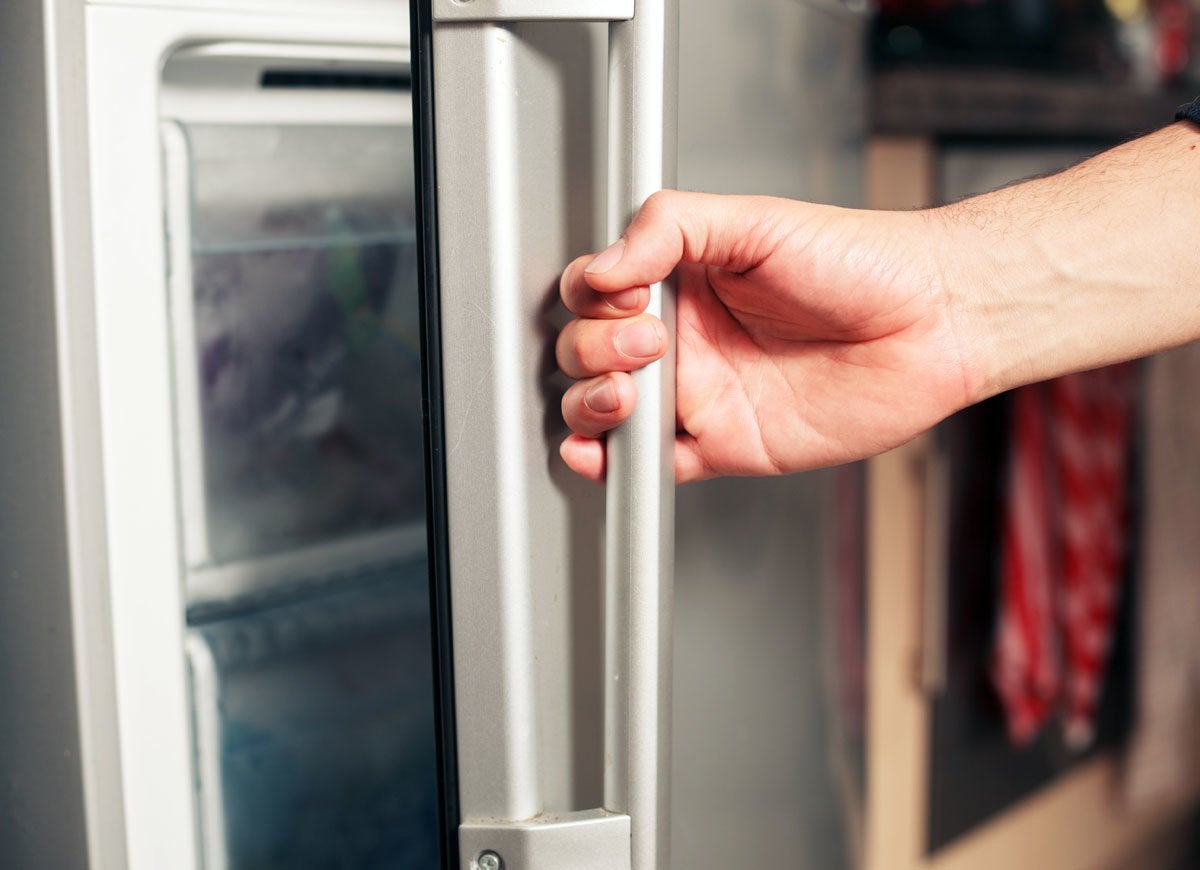
Excess condensation indicates that your fridge has insufficient cooling capabilities. If the moisture appears only on the exterior, check the door seal—you can easily replace a faulty seal on your own. If the seal looks fine, or if condensation also appears on the inside of the fridge, then the appliance’s
internal temperature isn’t cold enough to keep food from spoiling, and it’s probably time to replace.
Related: Don’t Make These 6 Common Mistakes in Your Kitchen Renovation
It's Too Loud
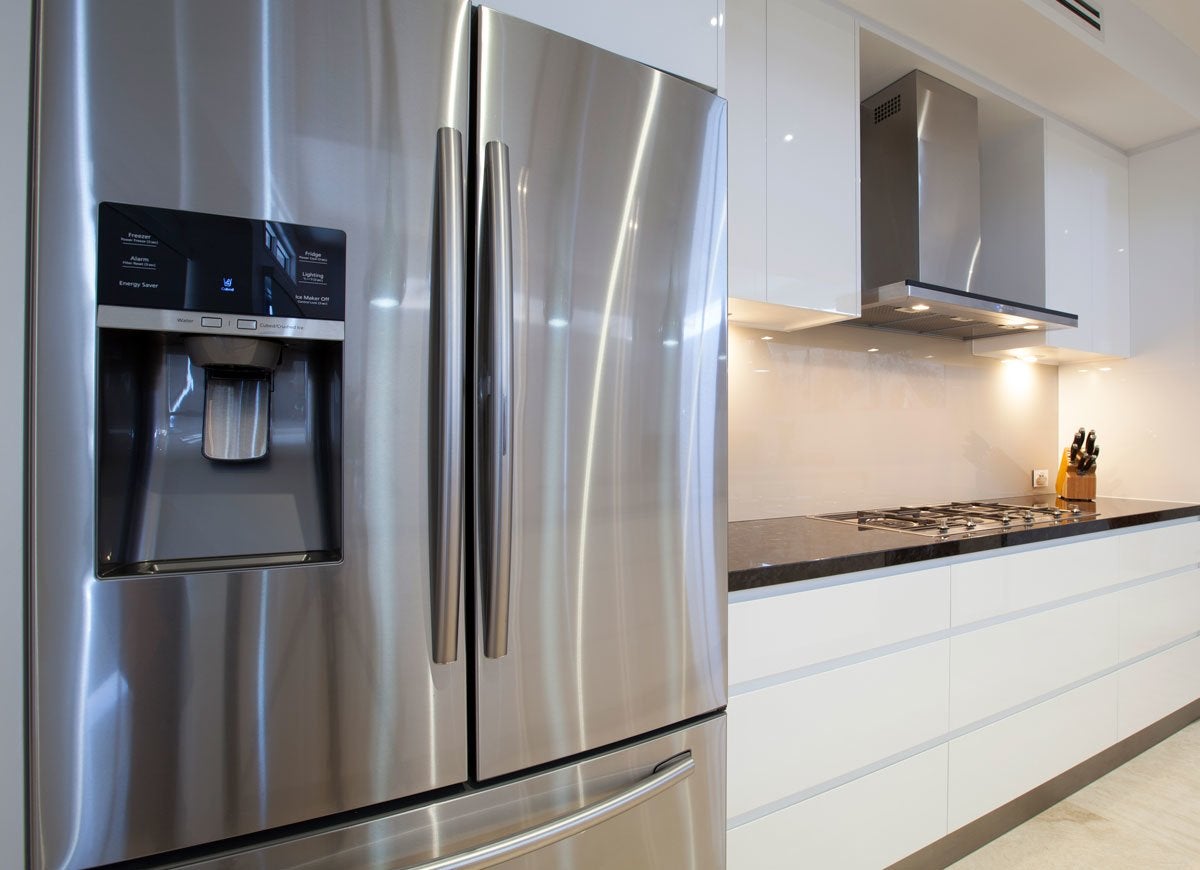
Most refrigerators emit a gentle hum, but if your appliance has recently started buzzing loudly, the motor might be struggling to work properly. Try unplugging the fridge and plugging it back into the socket. If the buzzing doesn’t stop, your fridge is probably dying.
It's Too Quiet

A completely silent fridge, coupled with warm food, points to a damaged compressor. Unplug the fridge and plug it back in, then check your home’s electrical panel to make sure a breaker didn’t flip. If the issue persists, it’s time to call a repairman or start looking for a new model.
Related: 12 Kitchen Trends You Might Regret
Repair Costs Are Multiplying
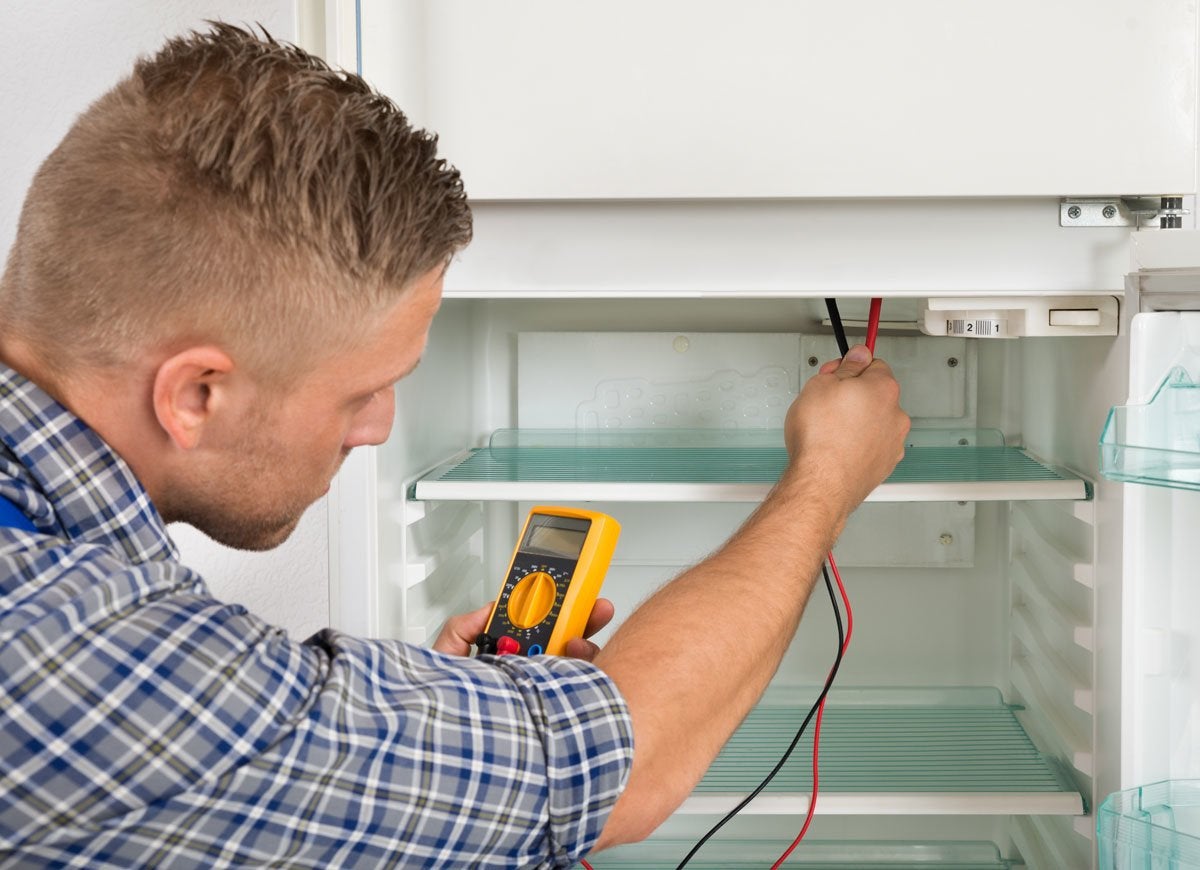
When a refrigerator nears the end of its life cycle, maintenance-related problems will start to multiply. Instead of shelling out big bucks for repairs, consider investing in a brand-new appliance. You’ll end up saving money in the long run with a more reliable model—and you’ll give your handyman a break to boot.
Frost Builds Up in the Freezer
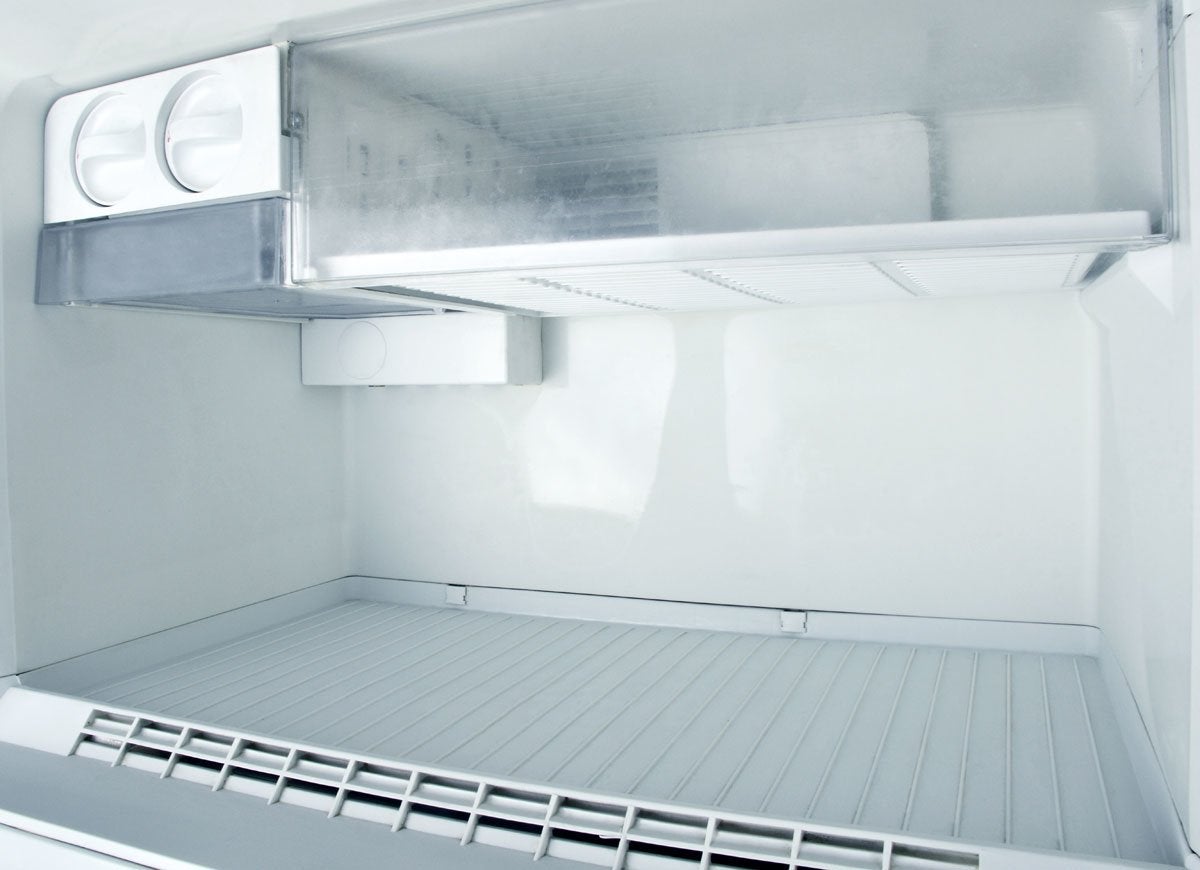
Freezers typically develop a bit of frost, which can be remedied by turning off the freezer and allowing the frost to melt. But if you find yourself chiseling through piles of frost every time you reach for a frozen entrée, then your appliance is probably outdated and inefficient. If you don’t already own one, upgrading to a frost-free model will cut down on energy costs and eliminate the need for manual defrosting.
Increased Utility Bill
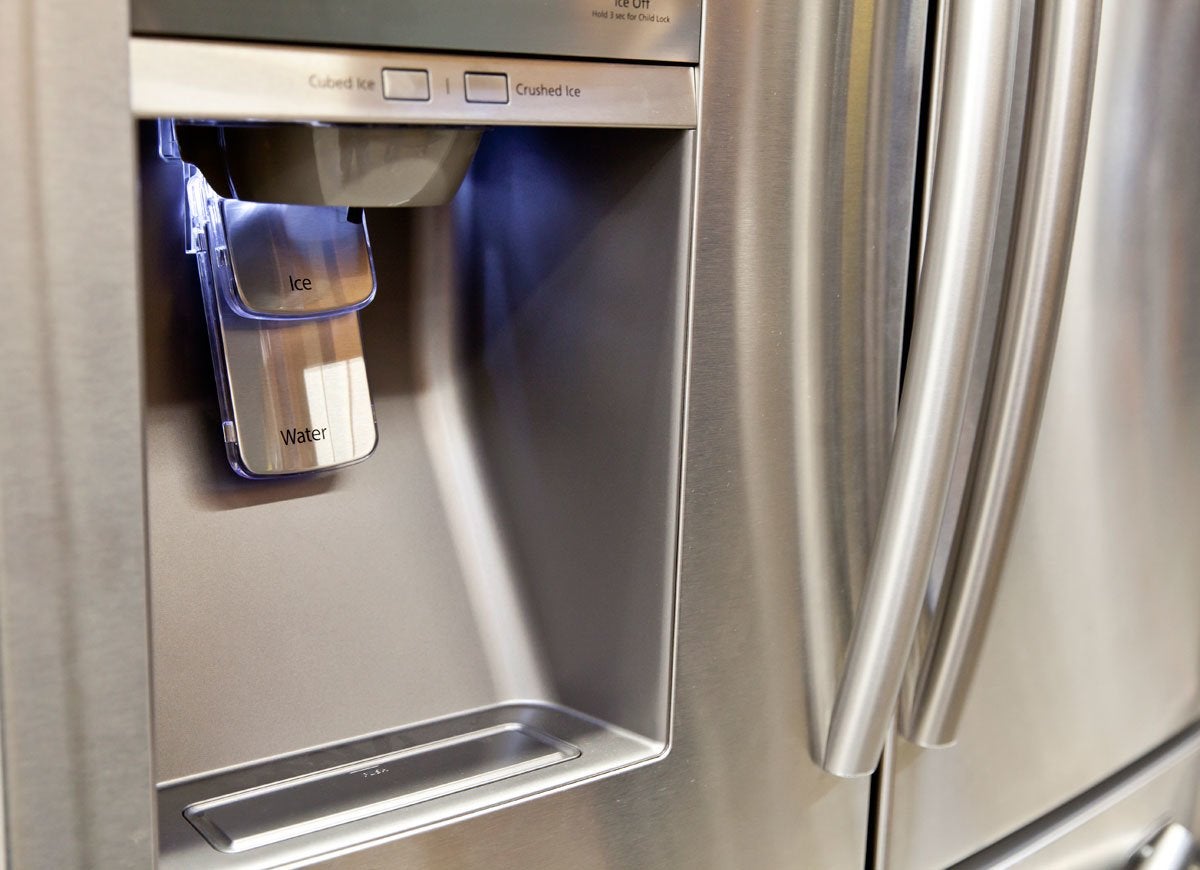
An outdated fridge uses excessive amounts of electricity as it tries to maintain a suitable temperature. Homeowners can plug in an energy usage monitor between the fridge and the outlet to determine how much wattage the fridge is drawing and estimate monthly utility costs. Some utility companies lend the monitors to homeowners, or you can pick one up for less than $20 at a home store.
The Fridge Is More Than 10 Years Old

While some refrigerators run effectively for more than a decade, older models typically consume vast amounts of energy, leading to a higher electricity bill. Look for an Energy Star certification when you’re shopping for a new fridge, because these models consume about 9 percent less energy than the federal standard.

